Government e- Learning Platform
Government e-Learning Platform: Overview
Definition• The Government e-Leaming Platform (GeLP) is an electronic learning platform used by the Korean government to allow employees of both national and subnational governments to learn and acquire knowledge and skills from anywhere at any time
Objectives
• To foster a knowledge ecosystem in which government employees share and increase their knowledge;
• To prevent budget waste by encouraging governmental learning and having training institutes share their
content and systems;
• To provide a learning environment in which all government employees can independently enhance their
capabilities irrespective of the size, budget, or conditions of their respective affiliations; and
• To establish a government-wide e-learning platform capable of maximizing the effects of both formal and
informal forms of learning.
• Budget waste: The practice of allowing different learning and training institutes to develop and operate
disparate e-learning systems resulted in the redundancy of learning content and fiscal wastefulness
• User inconvenience: e-Learning users also had to make trips to multiple institutions in order to receive the
education and training they needed, with different institutions keeping separate records of each trainee's
learning progress.
• Outdated e-learning systems: The e-learning and record management systems of various institutions became
outdated, making it difficult to apply the latest smart learning and standardized technologies
• Growing demand for e-learning: The relocation of various government departments and training institutes out
of Seoul and the rapid progress of ICT development quickly raised the demand for
e-learning in the civil service.
Main features and services
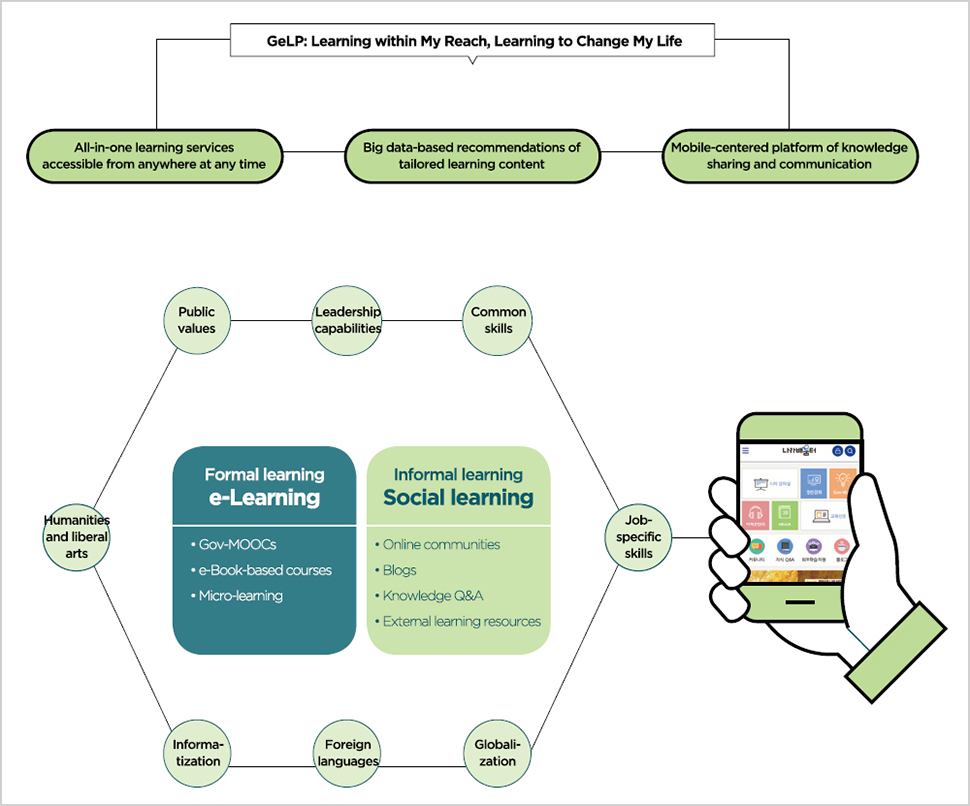
Personalized learning content recommendations for customized learning
The GeLP recommends learning content for each user on the basis of the user's areas of interest, affiliation,
position/rank, and specific jobs or duties (all of which make up the user's profile) as well as an analysis of
accumulated big data on learning
| Management capabilities | Recommends learning content for government employees in managerial positions to help them strengthen their leadership capabilities and develop far-reaching insights necessary for strategizing. |
|---|---|
| Occupational competency | Recommends learning content designed to help the user enhance his/her occupational competency by acquiring basic skills and essential knowledge associated with his/her affiliation and job. |
| Areas of interest | Recommends learning content that reflects the user's personal interests based on the collaboration filtering algorithm and information on areas of interest provided by the user. |
| Popular content | Recommends content favored by or popular among government employees with the same/similar affiliations and ranks/positions. |
External learning resources that enriching learning environments and experience
The GeLP provides a wide range of learning content in addition to the regular curriculum. The available content includes policy research reports, university lectures, and YouTube channels| Single window for all learning content available government-wide | Provides policy research reports produced by the agencies of the national government and their research institutes via links to the Policy Research Information and Service Management (PRISM) system |
|---|---|
| User-created content (UCC) | Allows users to create their own learning content based on their experiences and knowhow, and to share that content with other users. |
| External open learning content | Provides quality learning content available from educational institutions across Korea (i.e., KOCW
and RISS). Connects users to learning content of proven quality distributed by other universities and institutions (TED, MIT, YouTube, etc.). |
Social and collaborative learning processes adding to the joy of learning
The GeLP provides a social learning platform that encourages collaborative and informal learning among users, allowing them to accumulate and share their experiences and knowhow.
Opportunities for wide-ranging and in-depth learning
The GeLP supports various learning experiences and processes, enabling government employees to gain not only job-related skills and competen아 but also resources for personal development.Regular
e-Learning Curriculum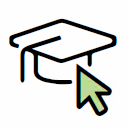 |
|
Other
Content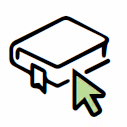 |
|
Mobile-based self-learning
services accessible from anywhere at any time
• The GeLP can be accessed via all devices, including desktop/laptop computers, tablet PCs, and
smartphones
• As the mobile learning content can be downloaded, users can continue learning even in remote environments
with no Internet access, such as onboard ships or in the wilderness.
Sharing of learning content and management
systems
• The GeLP provides a wide variety of content by enabling users to share learning management systems
• The GeLP provides access to the learning systems and content of both the national and local governments as
well as their training agencies, thereby expanding the breadth of available learning content and reducing
costs
• The GeLP also provides e-learning support, including training for e-learning officials, interdepartmental
meetings for collecting feedback, and e-learning consultations for institutions.
Shared Learning Management System

Outcomes
Reducing budget waste through the sharing of learning content
The GeLP, a next-generation e-learning platform, lets 106 public organizations and institutions at the national and local levels share their learning systems and content. This has helped prevent redundant investment in the development of the same content, reducing the government-wide e-learning budget by over KRW 41.8 billion a year. ※ Named by the Ministry of Economy and Finance (MOEF) as an
exemplar of budget-saving programs 1n 2017.
※ KRW 41.8 billion saved = reduction of KRW 37.3 billion
through the sharing of content + KRW 0.588 billion to
be reduced in the future as institutions with their own systems fully convert those systems to the National
Human Resources Development Institute (NHl)'s sharing platform + KRW 2.94 billion to be reduced by preventing
current participating institutions from leaving the GeLP and improving the features and services offered +
reduction of KRW 0.736 billion through the standardization of content (thus minimizing the cost of conversion)
+ reduction of KRW 0.274 billion in wages through the standardization of content.
e-Learning user statistics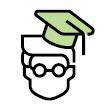 |
(Unit: 10,000 people)
|
| Growth of
content available for sharing 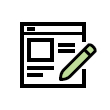 |
(Unit: number of posts)
* Quantity of content increased significantly in 2018 thanks to the introduction of external learning resources (94,781 posts) and renting of content from the private sector. |
Participating institutions |
(Unit: number of posts)
|
Improved content classification system
The GeLP has further refined the content classification system to bring it into closer alignment with the Korean government's business reference model so as to recommend personalized learning designs and content for users that reflect their positions and areas of interest.*※ Six categories and 64 subcategories in 2017 → Eight categories and 1,053 subcategories in 2018
Source : Cases of Good Governance in Korea